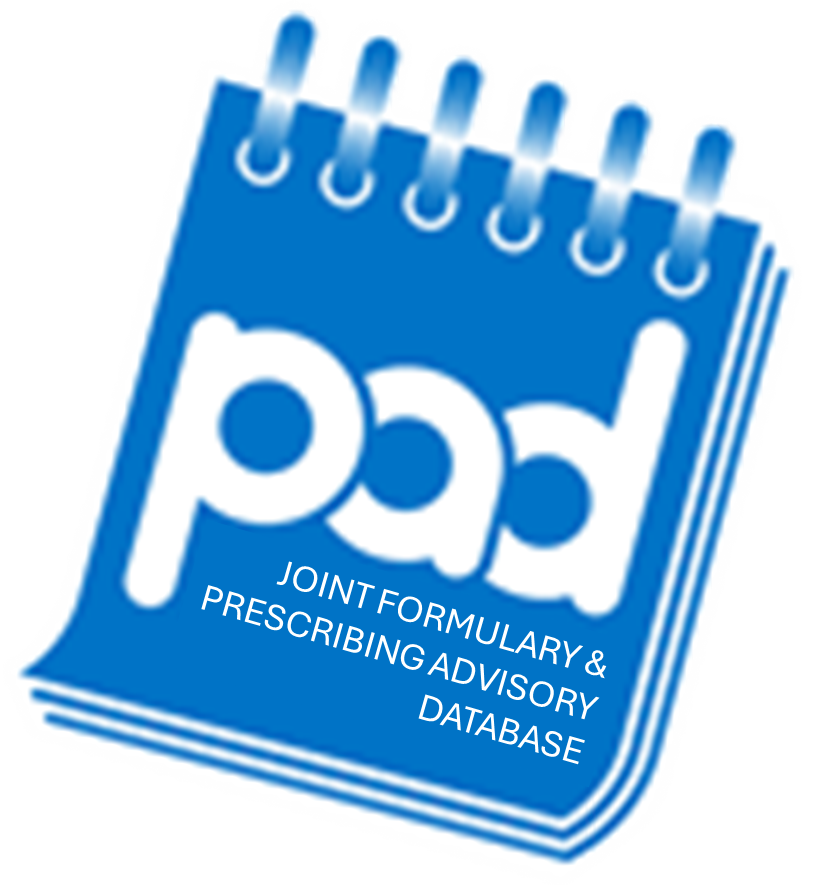
Pregabalin - Epilepsy
You are here : Home > Formulary Search > Pregabalin - Epilepsy
I agree that in using this database I understand that this platform only provides guidance on local prescribing policy and that all prescribing decisions are ultimately the responsibility of the clinician.
Documentation
Guidelines (National)
Safety Information
PAD Profile
ChemicalSubstance :
Pregabalin
Indication :
Epilepsy
Group Name :
Keywords :
Brand Names Include :
Lyrica
Important Information :
Latest Additions Date From :
Latest Additions Date To :
Guidelines :
Supporting Documents :
6
Committee Recommendations (2)
06 Mar 19 -
Surrey Medicines Commissioners Group
From 1st April 2019 both pregabalin and gabapentin will be classified as a schedule 3 Controlled Drug. As such, the arrangements through which patients obtain these medicines will change.
The Surrey Medicines Commissioners Group have developed a patient template letter for local adaption - see below.
In addition, NHSE have produced a patient hand-out that is also available below
The PCN supported the principles of switching from brand to generic medications (not recommended in the elderly) as per national guidelines in September 2013 and the proposed place in therapy of the anti-epileptic drugs which is based on NICE guidance was also discussed at that time. Transfer of care documents will be considered at a future PCN.
Please note the MHRA categorisations for each drug in the attached guidance (updated January 2014) and in the link below
Prescribers are reminded to undertake a proportionate risk benefit assessment prior to prescribing Pregabalin or Gabapentin for patients with a known or suspected propensity to misuse.
Please note the MHRA categorisations for each drug in the attached guidance (updated January 2014) and in the link below
Prescribers are reminded to undertake a proportionate risk benefit assessment prior to prescribing Pregabalin or Gabapentin for patients with a known or suspected propensity to misuse.
Other Indications
Below are listed other indications that Pregabalin is used to treat.
Other Drugs
Below are listed other drugs that are used to treat Epilepsy.
- Brivaracetam
- Cannabis (medicinal)
- Carbamazepine
- Cenobamate
- Clobazam
- Clonazepam
- Eslicarbazepine acetate
- Ethosuximide
- Gabapentin
- Lacosamide
- Lamotrigine
- Levetiracetam
- Oxcarbazepine
- Perampanel
- Phenobarbital
- Phenytoin
- Primidone
- Rufinamide
- Sodium valproate (NON childbearing potential)
- Sodium valproate (with childbearing potential)
- Stiripentol
- Sulthiame
- Tiagabine
- Topiramate
- Vigabatrin
- Zonisamide
